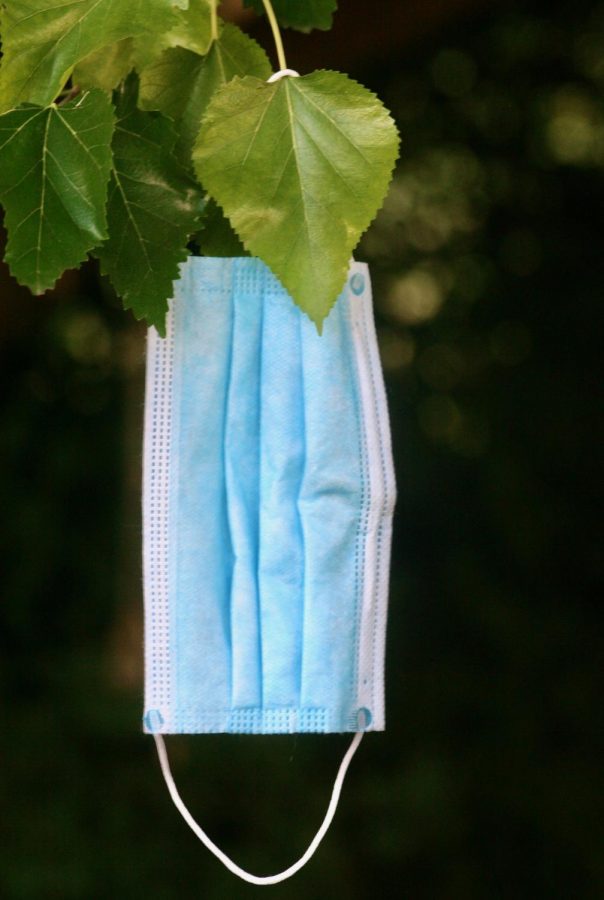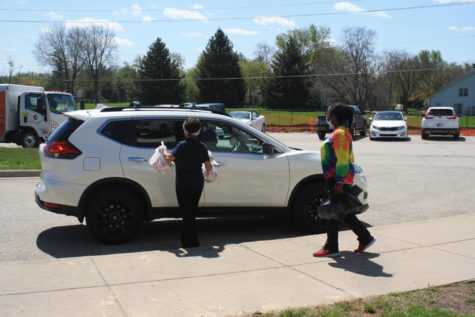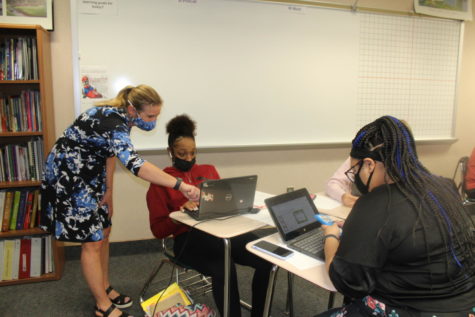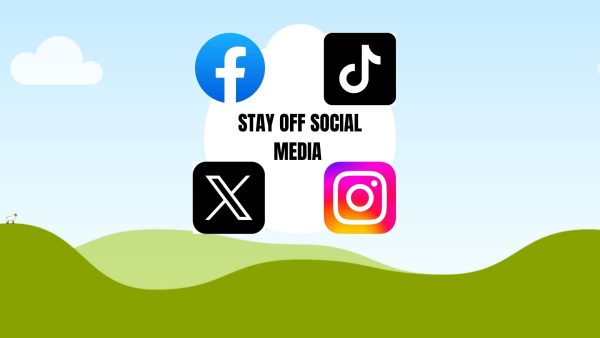The deadly environmental impact of the new normal
The quiet park and it’s swaying trees suddenly become less peaceful when the sound of peril and fear jolts you awake. You’ve heard nothing like it and you’re unaware of the source. The Independent reports that this is exactly what Sandra Denisuk, a woman from British Columbia, experienced just a few short months ago when she noticed a bird caught in a disposable face mask.
Dangling from a tree, the bird’s beak was hooked into the blue fabric. This danger for wildlife and animals is our job to repair and learning how to adapt to our new normal without hurting others is the first step. Fish and birds are just a couple of animals that are affected by our plastic waste, and irresponsibly disposing of our masks hurts this situation. It is important to take responsibility for our actions during this hard and abnormal time of our lives.
In Chelmsford, England, a gull was found suffering to death due to the littering of a mask. With the use of a cloth mask, you could prevent these catastrophes from happening. The Guardian reports that there are more masks in the ocean than there are jellyfish… and how do we expect the animals to overcome this without our help?
Disposable masks are made of polypropylene. Polypropylene hurts the environment as it breaks down into harsh microplastics. Any sort of plastic can impact our wildlife in the worst of ways. According to Ocean Crusaders, 100,000 marine creatures die from plastic entanglement a year. These are just the ones found.
Littering already makes our community look unprofessional, the masks floating worsen this issue.
“It will take up more space in our landfills and hurt the aesthetics of the environment. I know I’m already tired of seeing face masks discarded everywhere,” AP Environmental Science teacher Brian Seltzer said.
Chances are, you’ve seen a mask on the sidewalk or street in the past couple of months. By picking up litter, using cloth masks, or cutting off the ear loops before disposing of masks, we can reduce the unappealing look of them scattered in our area. No one wants to live in dirty or unsanitized surroundings.
Littered masks don’t just make our streets ugly, they’re also a great health hazard to the people and air around us. When disposing of a one-use mask, COVID-19 can live on the surface for up to 48 hours. This is dangerous for the workers sent to clean up the trash. These masks can also release toxins into the air and endanger the lives of animals and humans. Our laziness can account for the health of the workers that clean up after us, such as supermarket workers, landfill workers, and more.
News sources and websites, such as Green Matters, are suggesting that cutting the ear loops off of masks can help prevent suffocation of many animals. Wearing a mask is still important, but regulating our use of disposable ones is too. The more we make a bigger effort, the better our lives and our environment will be.
We need to alter the way we take care of ourselves, the people around us, and our habitat. Using a few simple steps, we can save innocent animals’ lives and keep everyone around us healthy. Making a difference starts with one person at a time. Now is better than ever to protect the ones around you.












